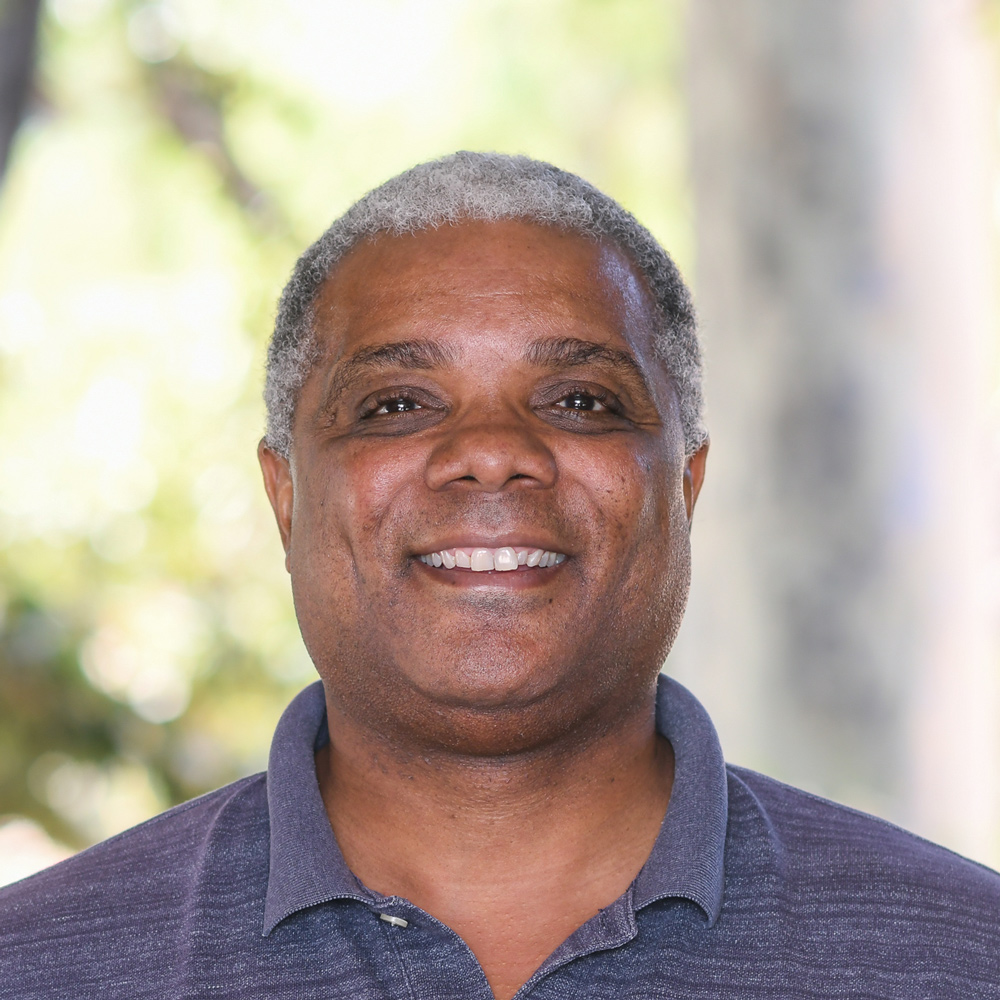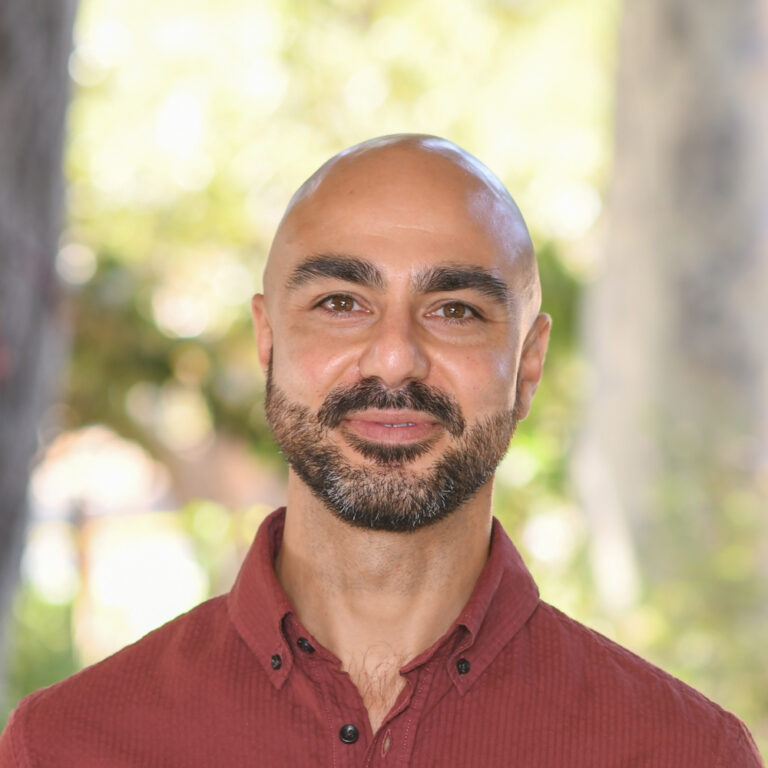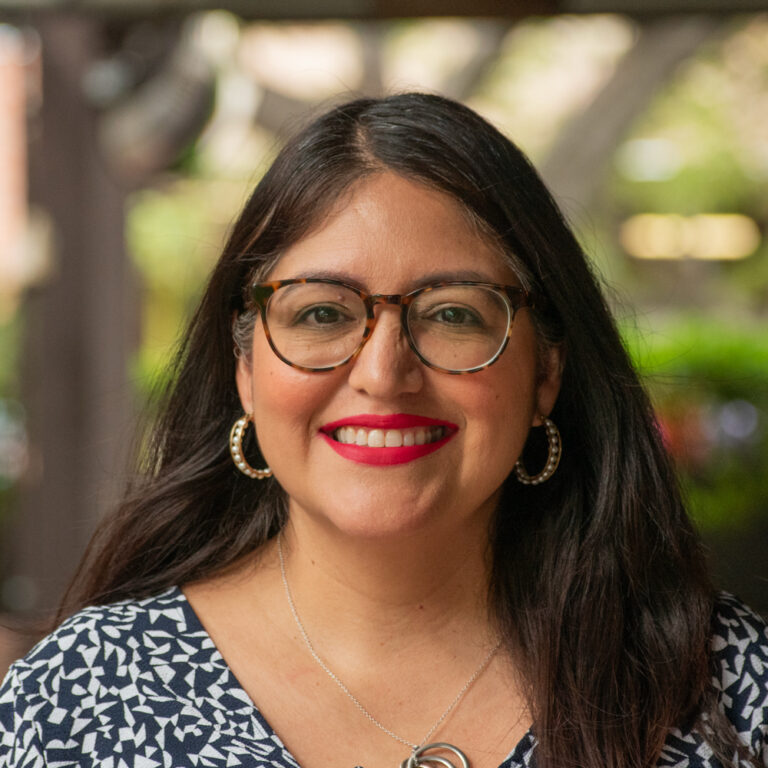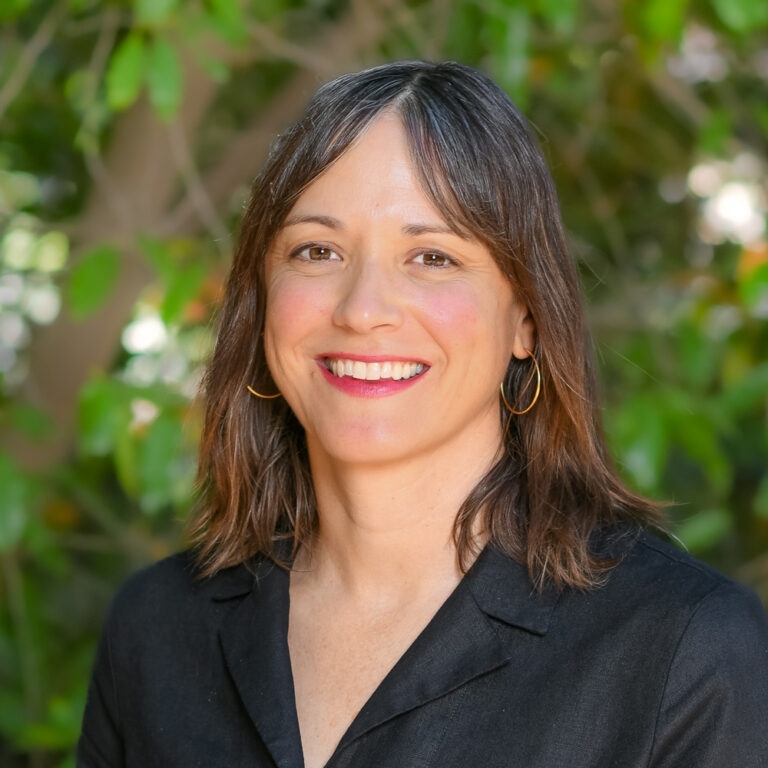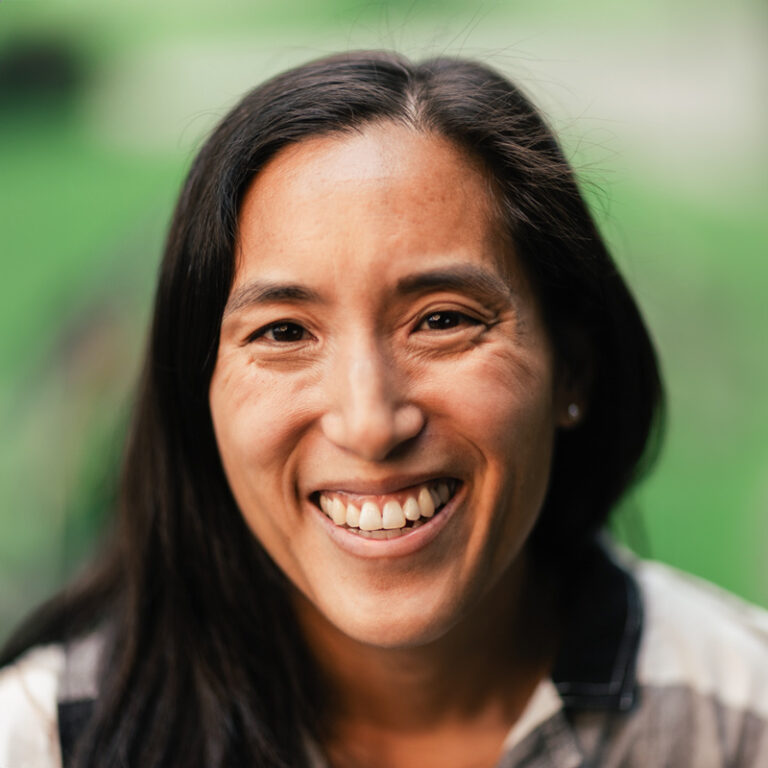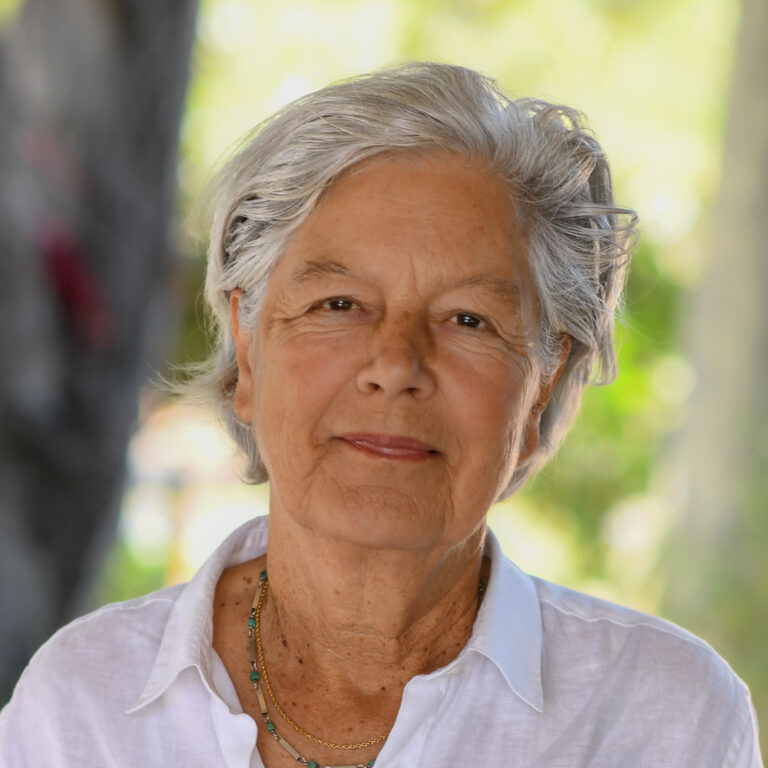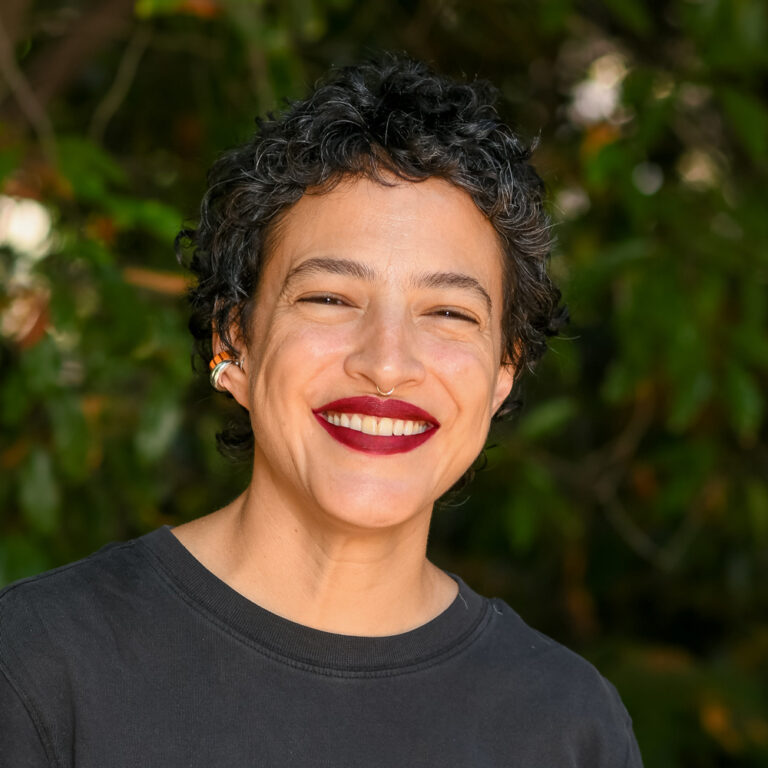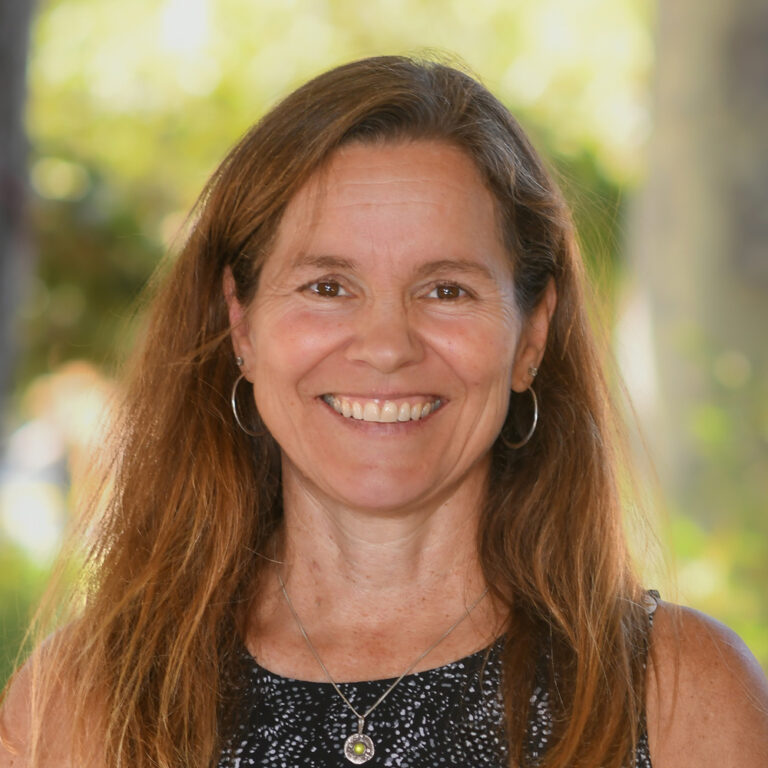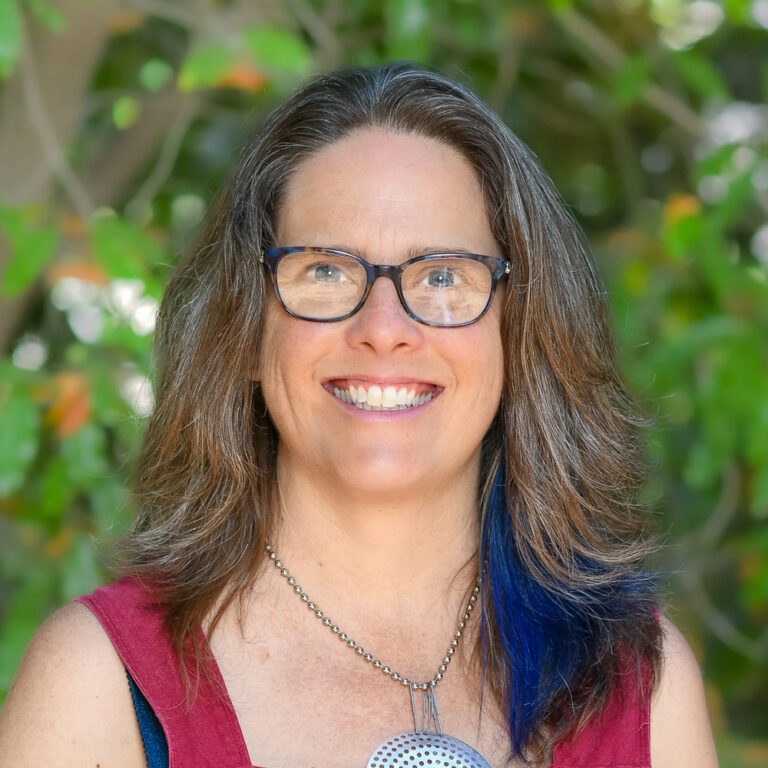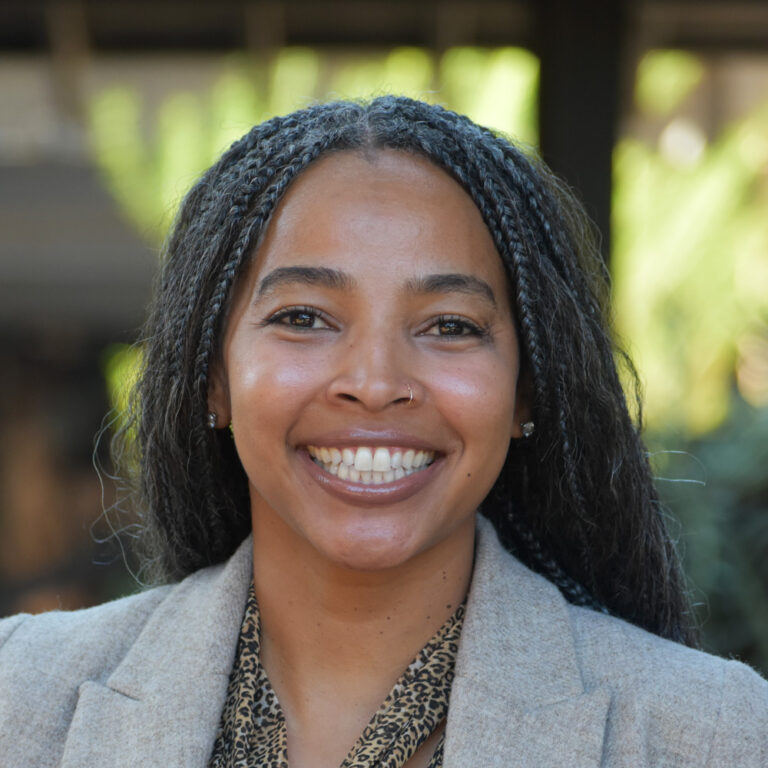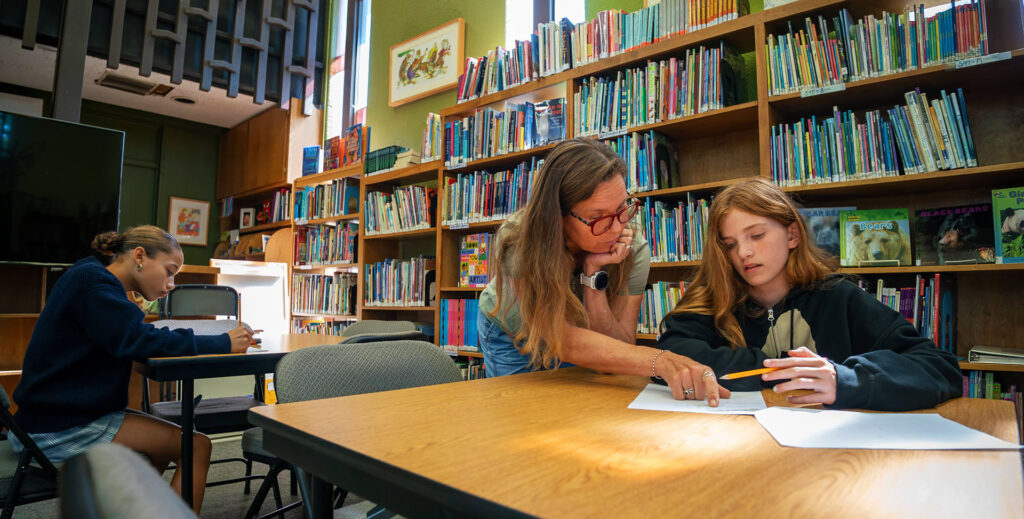
Student Support
The Student Support program at Sequoyah embodies the school’s mission — to challenge the mind, nurture the heart, and celebrate human dignity. It recognizes and supports the diverse range of learners and families in our community by collaborating with teachers, students, and parents to develop recommendations and strategies, hold regular meetings and check-ins, and guide future educational decisions. Through this work, Student Support can also help determine whether external student support services might meet specific needs that Sequoyah does not provide.
While Sequoyah School values neurodiversity, we do not specialize in serving students with significant learning disabilities or major social-emotional challenges.
Learning Services
Learning Services collaborates closely with teachers to develop their understanding of neurodiversity and the science of learning. We work hard to dispel the pervasive myth of learning styles – the idea that students learn best when the teaching is tailored specifically for visual, kinesthetic, or auditory learners. Research supports that our brains are more alike than different and that we should design our teaching to the needs of the content. Our goal is for students to know themselves, have the opportunity to make choices, and grow in their ownership of their learning. This evidence-based approach benefits all students, and especially students with learning disabilities and other developmental disabilities like ADHD, as they can have a more difficult time compensating.
Learning Services works with students. At the K-8 campus, our team supports small groups of students who need additional support or extension opportunities in math, reading and writing. At the high school level, we consult with students to develop their executive functioning skills and understanding of what they need to be successful in a challenging academic program and how to self-advocate so they will be prepared to be interdependent learners post high school. Our team also works with K-12 to raise awareness, normalize and celebrate variations in learning, teach our community about the necessity of accommodations, and recognize how we all benefit from being part of a community of different learners.
Learning Services supports parents and guardians as they navigate how to nurture thriving neurodiverse children. We do this by providing appropriate resources, referrals, and community opportunities and connecting teachers, advisors and outside support providers to build the bridge between home and school.
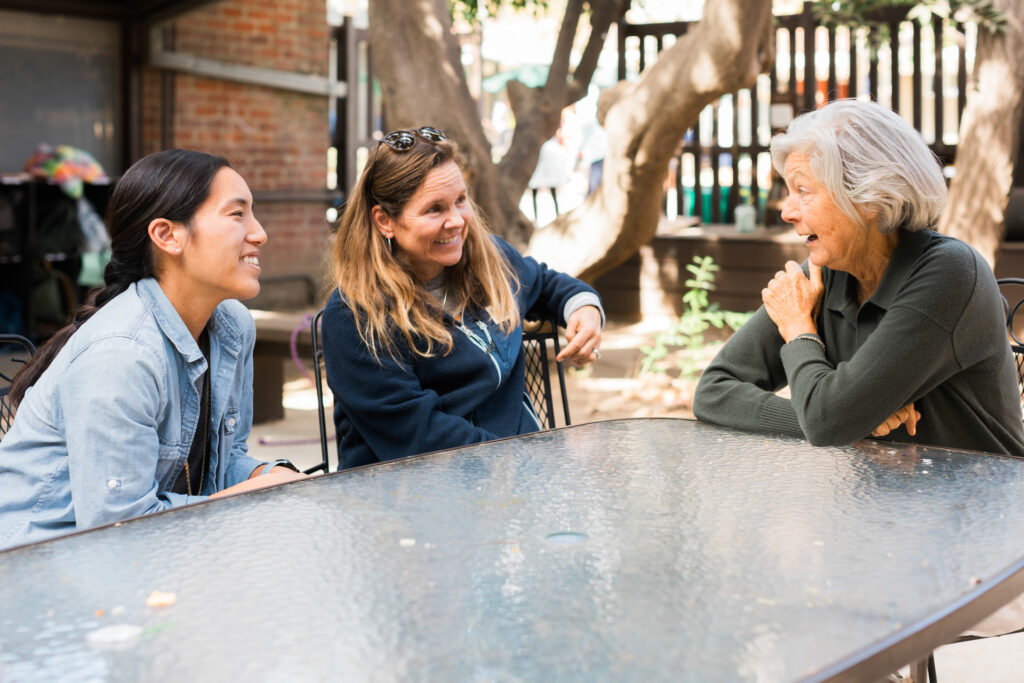
Health and Wellness
The Health and Wellness team supports students’ mental/emotional health and well-being, by collaborating with Learning Services, teachers, parents, and students themselves:
- Kindergarten through Second Grade: support centers on supporting both teachers and families.
- Third through Twelfth Grade: students gain direct access to counselors coinciding with their participation in Health and Wellness classes .
As students age, Health and Wellness classes provide them with lessons about the development of the adolescent brain and body. Students learn about bodies and biology, brain science and mental health. They reflect on their own values and come to a greater understanding of what they believe—and why. Classes at all grade levels deal with similar topics but at different, developmentally appropriate levels. Topics covered include healthy and unhealthy relationships; effective communication; gender identity and sexual orientation; mental and emotional health; drug and alcohol abuse prevention; and sexual and reproductive health.
